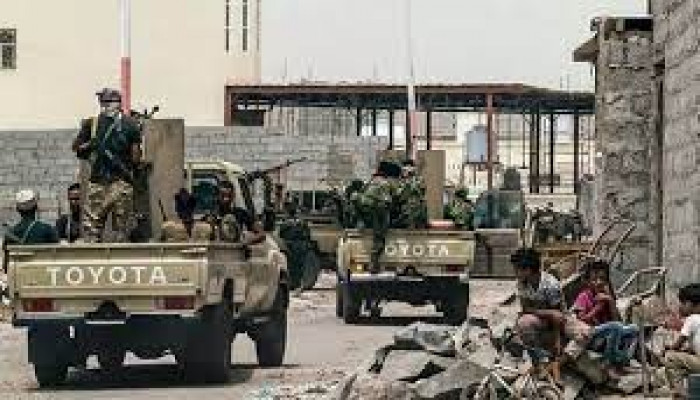Al-Qaeda affiliate AQIS actively expanding in J&K: UN Report
- In Reports
- 12:20 PM, Jul 28, 2023
- Myind Staff
According to a recent United Nations report on global operations of Al-Qaeda and Islamic State, the terrorist organization Al-Qaeda maintains a "close and symbiotic" relationship with the Afghan Taliban. The report indicates that Al-Qaeda is actively working to expand its operations into regions like Jammu and Kashmir, Bangladesh, and Myanmar through its regional affiliate, Al-Qaeda in the Indian Subcontinent (AQIS), led by Osama Mehmood with an estimated 200 fighters.
The report cites an assessment by an unnamed UN member state, which suggests that AQIS is being shaped to spread its activities into Jammu and Kashmir, Bangladesh, and Myanmar. Additionally, certain elements of AQIS are reportedly willing to join or collaborate with the Islamic State-Khorasan Province (IS-KP), the global terror network's chapter in Afghanistan.
Another UN member state raised the possibility of AQIS merging with Tehrik-e-Taliban Pakistan (TTP), which has gained strength following the Taliban's takeover of Afghanistan. This member state believes that AQIS is providing guidance to the TTP to conduct increased attacks within Pakistan.
AQIS, which was announced by former Al-Qaeda chief Ayman al-Zawahiri in 2014, has been largely unable to carry out large-scale attacks outside Pakistan. However, the group has expressed its intentions through a "code of conduct" in 2017, outlining its goal to carry out attacks in Afghanistan, India, Bangladesh, Pakistan, and Myanmar. Despite limited success outside Pakistan, AQIS remains committed to its objectives.
Afghanistan continues to be a place of global significance for terrorism, with approximately 20 terrorist groups operating within the country, as per the UN report. These terror groups aim to spread their influence across various regions and establish theocratic quasi-state entities.
The report highlights the close relationship between the Afghan Taliban and Al-Qaeda, with Al-Qaeda operating covertly in Afghanistan to promote the narrative that the Taliban complies with agreements not to use Afghan soil for terrorist activities. High-ranking Taliban officials reportedly provide patronage to Al-Qaeda members, allowing them to infiltrate law enforcement agencies and public administration bodies to ensure the security of their cells in Afghanistan. Although Al-Qaeda's capability to conduct large-scale terror attacks remains reduced, its intent remains firm.
Afghanistan serves as an ideological and logistical hub for Al-Qaeda, facilitating the recruitment of new fighters. The group has set up new training centers in Kunar and Nuristan provinces. Furthermore, Al-Qaeda seeks to strengthen cooperation with non-Afghan terror groups like the Islamic Movement of Uzbekistan (IMU), Turkistan Islamic Party (TIP), and Jamaat Ansarullah.
According to the report, some UN member states assess Sayf al-Adl as the most likely successor to al-Zawahiri, who was killed in a US drone strike in Kabul in July 2022. It is believed that Sayf al-Adl is still in Iran.
The UN report also designates the Islamic State-Khorasan Province (IS-KP) as the most serious terrorist threat in Afghanistan and the broader region. IS-KP, led by Mawlawi Rajab in its external operations, is estimated to have 4,000 to 6,000 members.
Image source: Times Now







Comments